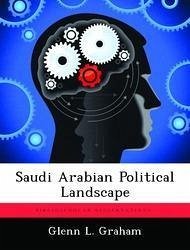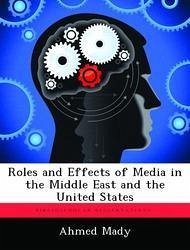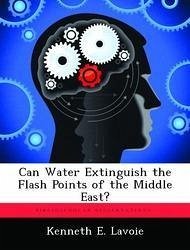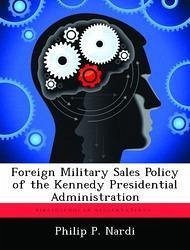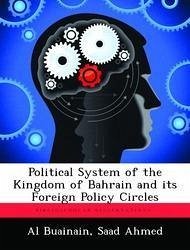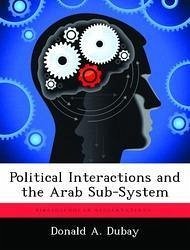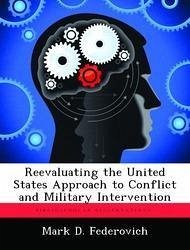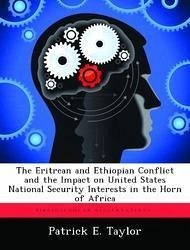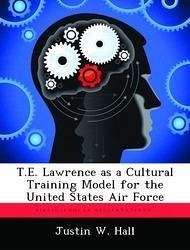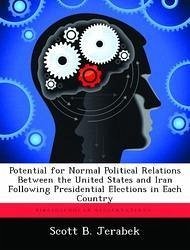
Potential for Normal Political Relations Between the United States and Iran Following Presidential Elections in Each Country
Versandkostenfrei!
Versandfertig in über 4 Wochen
53,99 €
inkl. MwSt.
Weitere Ausgaben:

PAYBACK Punkte
27 °P sammeln!
With Presidential elections in both the United States and Iran occurring within eight months of each other, one can suspect major changes in the political environment. This environment is not just the relationship between the U.S. and Iran, but the entire world, and more specifically the Middle East. With one new President and another possible new President in Iran, the impacts could be dramatic. The author believes that the political landscape will change, however, the unilateral relationship between the United States and Iran will not change substantially. The basic factors examined are limi...
With Presidential elections in both the United States and Iran occurring within eight months of each other, one can suspect major changes in the political environment. This environment is not just the relationship between the U.S. and Iran, but the entire world, and more specifically the Middle East. With one new President and another possible new President in Iran, the impacts could be dramatic. The author believes that the political landscape will change, however, the unilateral relationship between the United States and Iran will not change substantially. The basic factors examined are limited, but the assumptions would be the same if the base were expanded. The major efforts are put into the history of the relationship between the United States and Iran. This history points out that despite the various stages there was once a congenial relationship. The historical review depicts that both countries have had both positive and negative events that influenced the relationships. This fact in itself would lead to believe that if it was so once, it could be possible again. The use of terrorism throughout the world has created a new paradigm for political processes and expectations by state and non-state actors. Terrorism is not a political recognized bargaining tool, but many countries are now expending millions if not billions of dollars attempting to defeat it. These efforts are wide-ranging and influence relationships across the globe. More specifically, terrorism has negative impacts in almost all countries. The use of terrorism by a state actors, or countries that expect respect is a limiting factor in this world of instant information. Terrorism is a limiting factor when trying to establish relationships, however, non-state actors can negatively influence these attempted relationship-building efforts. Nuclear weapons play a critical role in the political process. The ability to produce and delivery reliable nuclear weapons is a major bargaining chip. The full h



